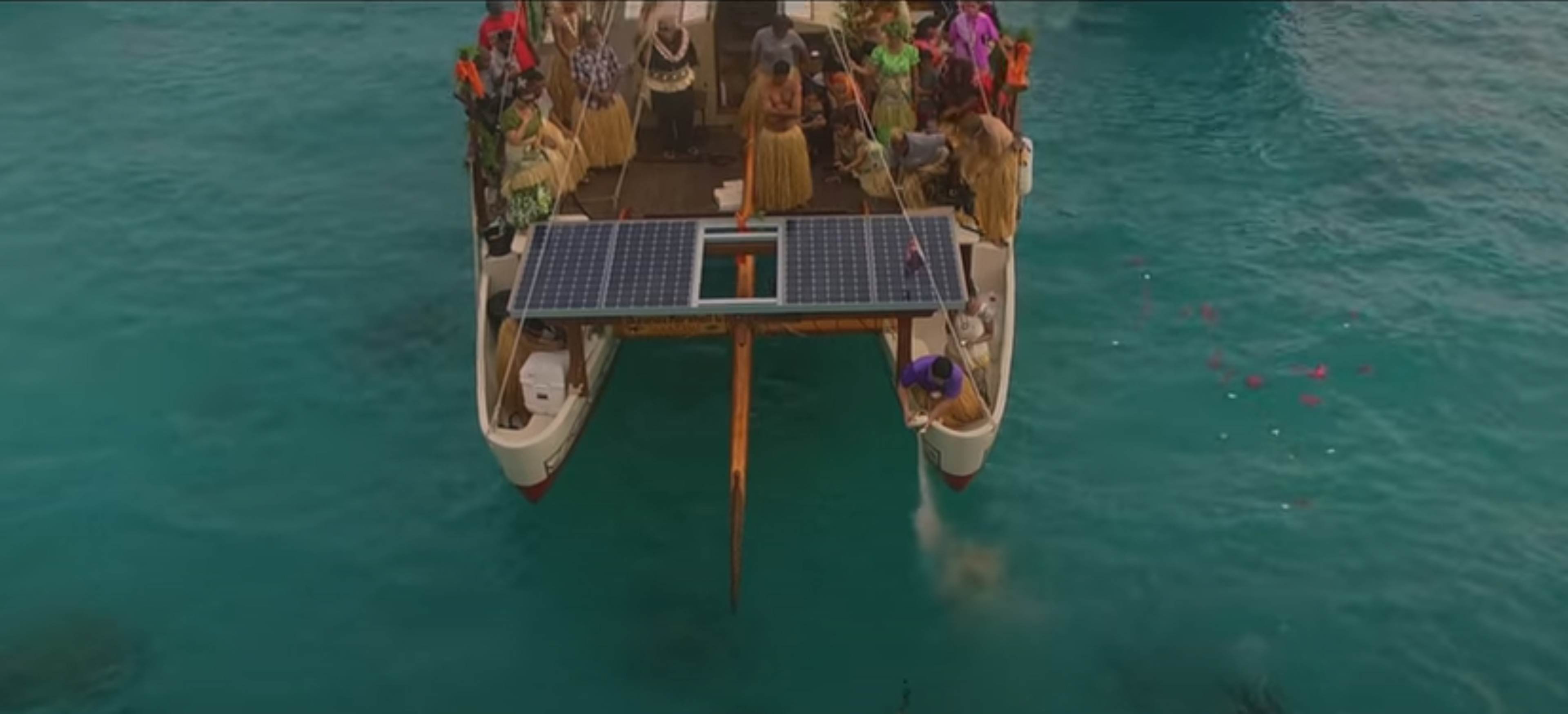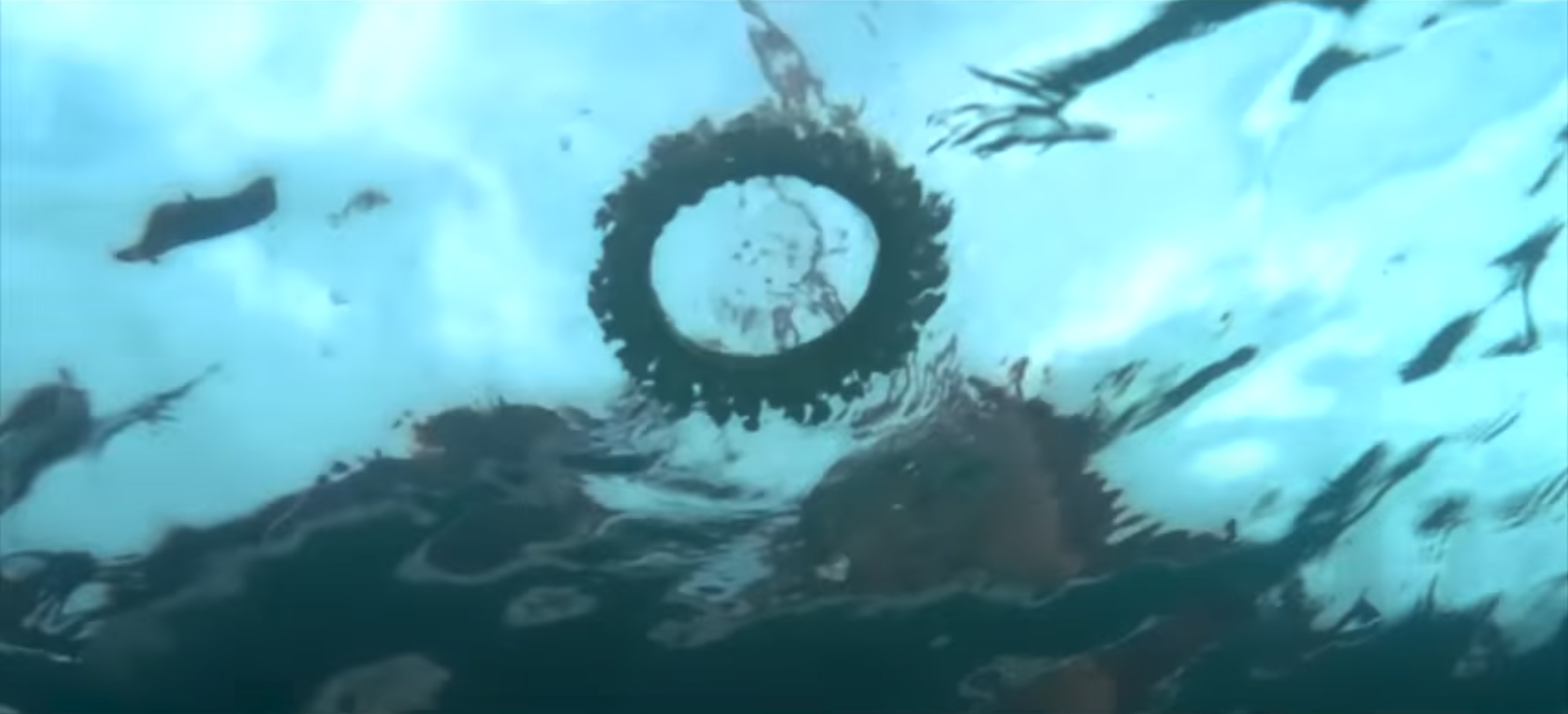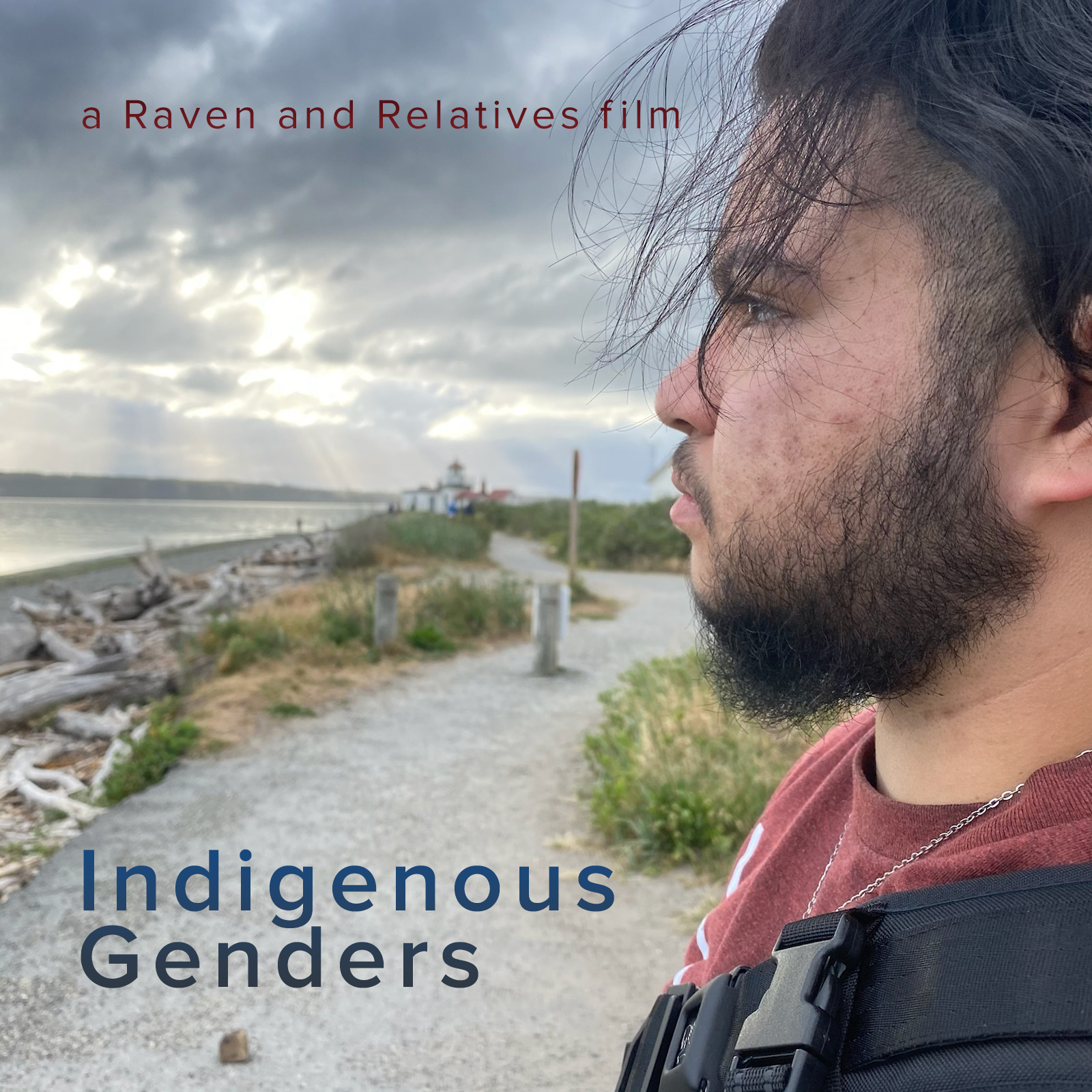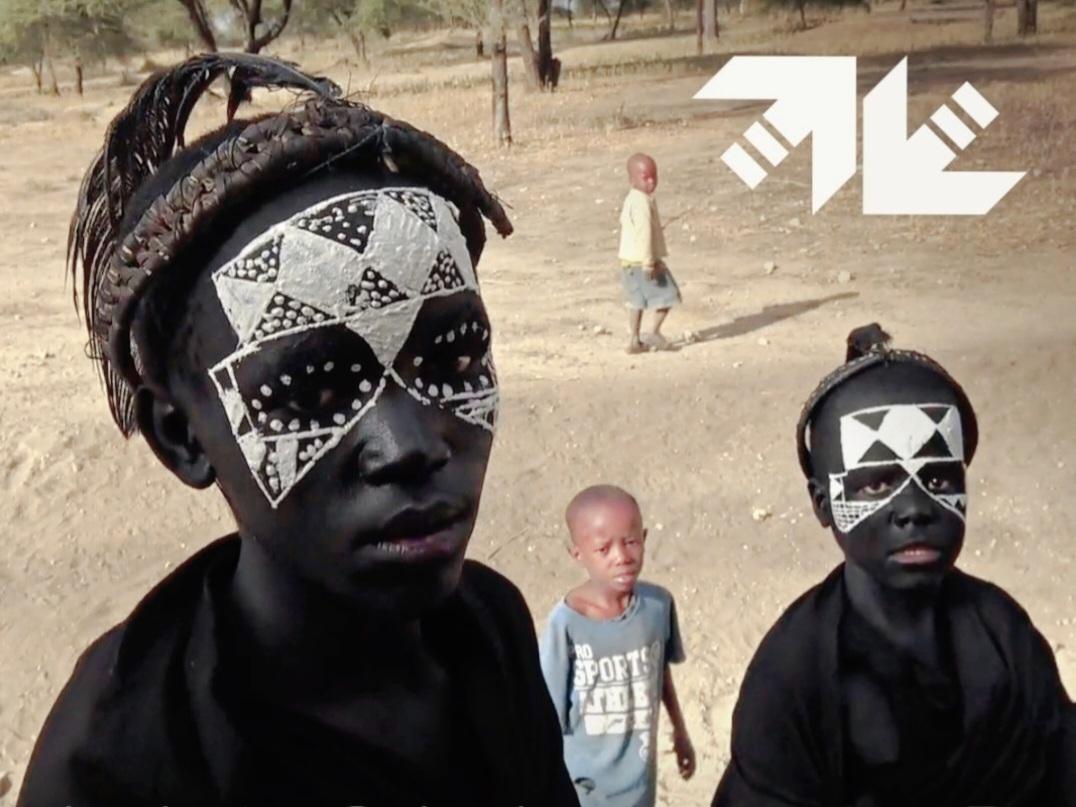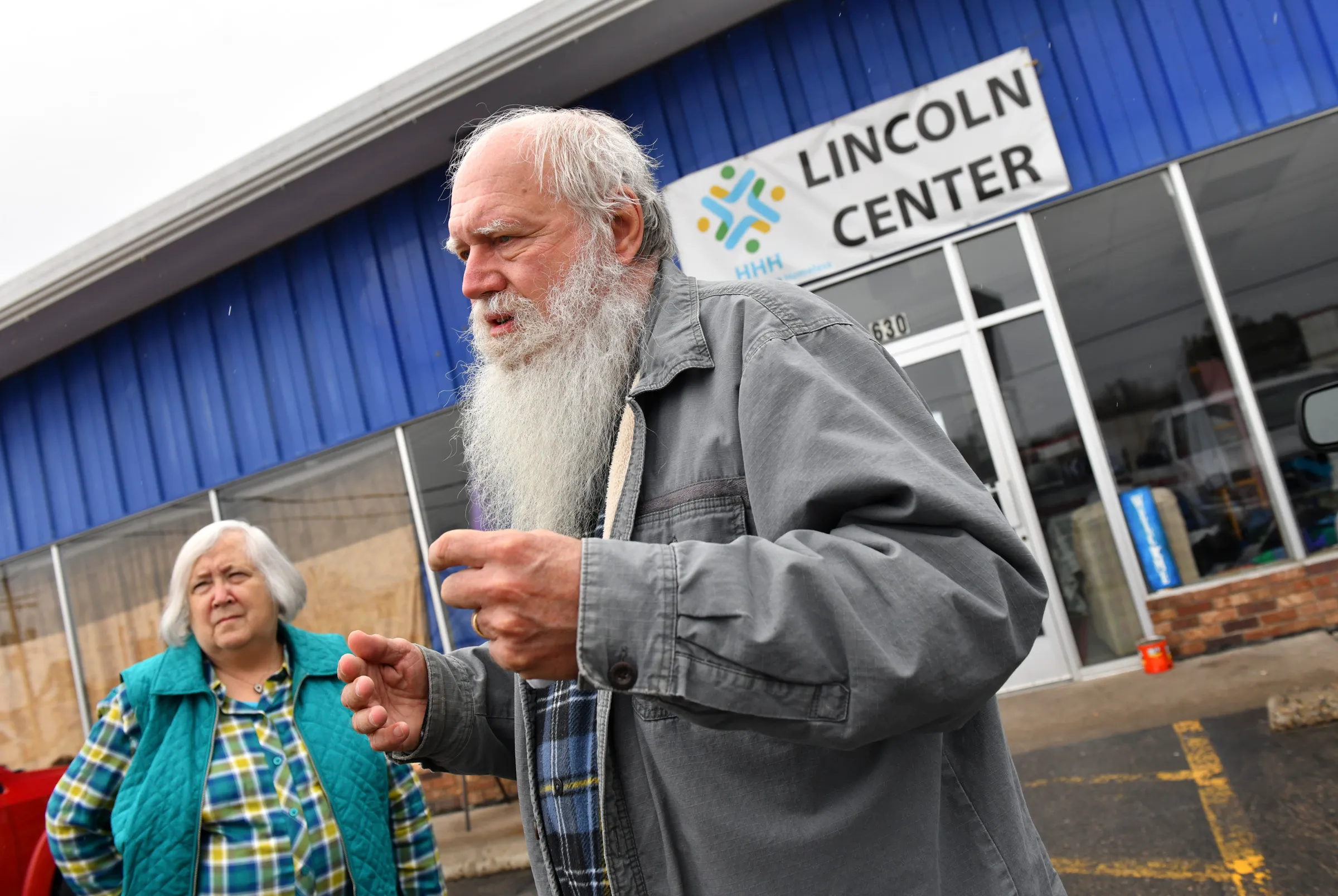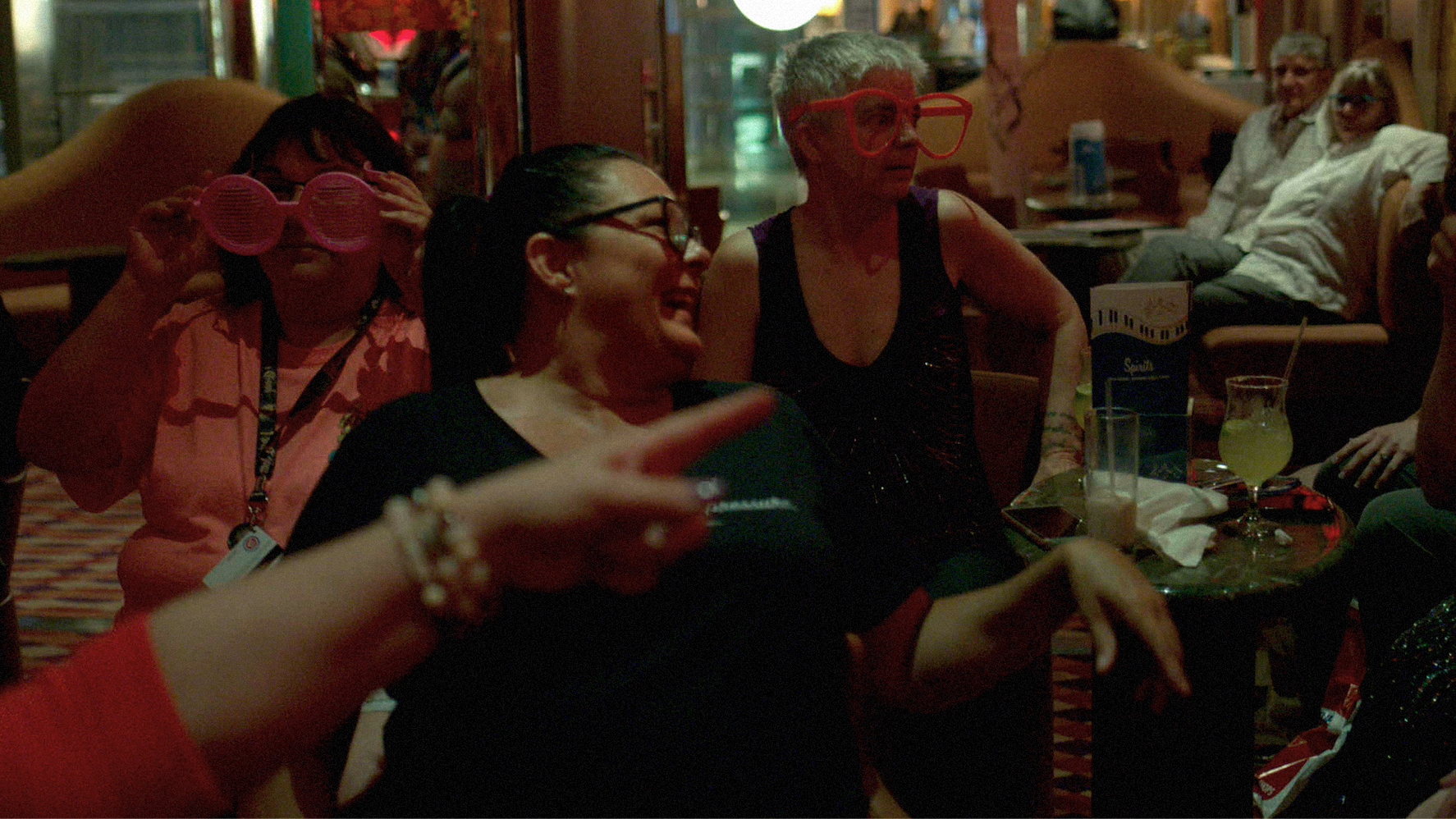Genre
Synopsis
The Marshall Islands is a country of 29 atolls and 5 islands in the Pacific. In the 1950s, the US government performed nuclear testing on Bikini Atoll. While the fallout was promised to be contained, radioactive debris spread over hundreds of miles in both the air and the water. Tony deBrum, a 9-year-old boy at the time, remembered the sky turning blood red while he was fishing with his grandfather. Another child remembered his grandmother shoving him under her skirt as the ash fell to the earth. His grandmother died the following week. Bikini islanders remain displaced as the area is still contaminated by radiation.
Tony deBrum then dedicated his life to ensuring the preservation of the health and welfare of his children, grandchildren, and great-grandchildren. As Minister of Foreign Affairs and Climate Change Ambassador, Tony’s work often drew him away from the Marshall Islands. He campaigned internationally not only for recognition of the continued suffering of his people due to the nuclear legacy, but also to address climate change in a global way. On his return from his advocacy at the Paris Agreement on Climate Change in 2015, his great-granddaughter Nito met him at the airport and with the curiosity of a child filled with joy and light, she asked him imperative questions that the whole world should be asking. Nito’s dream was to become a butterfly and join Tony on his next journey to Paris. However her life was cut short just months later by a rare blood disease that was unable to be identified, let alone treated, in the limited resource setting of the Marshall Islands. She was just shy of her 4th birthday when instead of butterfly wings she gained angel wings.
The rising sea levels are changing life on the Marshall Islands in real time. It is a country and a culture that is literally disappearing beneath the tides. However, most of the world has never even heard of the Marshall Islands. In his final interview before passing away in 2017 Tony shared that during his time in international politics, he witnessed more hearts soften to challenging issues when the message came from a small, non-threatening country like the Marshall Islands, and especially when heard through the voice of a child. He understood that it is easier for Marshallese to remember these important messages because of the daily reminders in each of their lives. He believed it is imperative to stop pointing fingers at whomever is to blame. Instead he encouraged people to set a simple goal: to leave the world a better place than they found it.
With the participation of Tony and Nito’s family this film seeks to present crucial issues the world is facing, such as: climate change, nuclear testing, and the decolonizing of global health from the innocent perspective of a child.
Bio
Olivia began her career as a cinematographer after earning a BFA at New York University's Tisch School of the Arts. She has shot over 30 narrative features and 5 documentary features in addition to a plethora of shorts of both genres. Her work has taken her all over the world and introduced her to many different walks of life. The Herricanes is her first directorial project. It is a personal documentary told through the lens of women's athletics today that covers the Houston Herricanes who played in the first women's tackle football league.
Credits
Producer - Abby Lance

